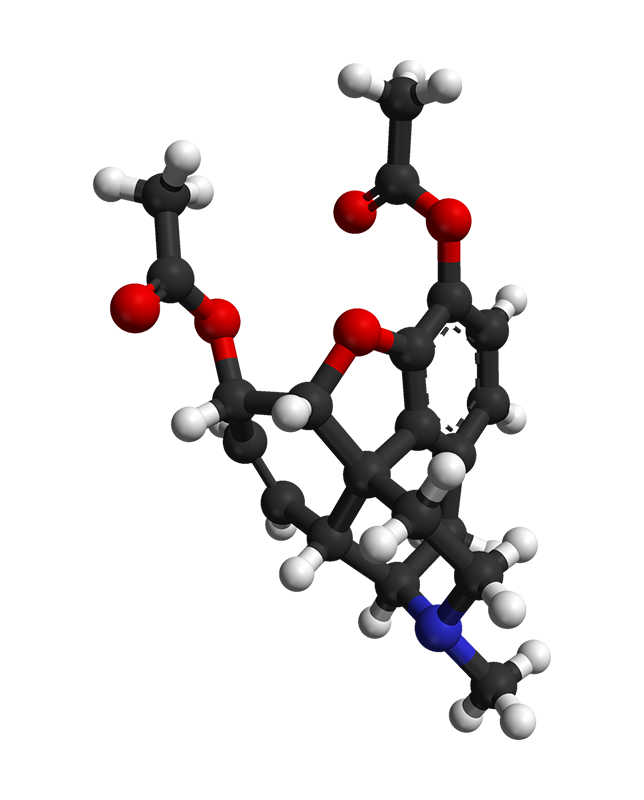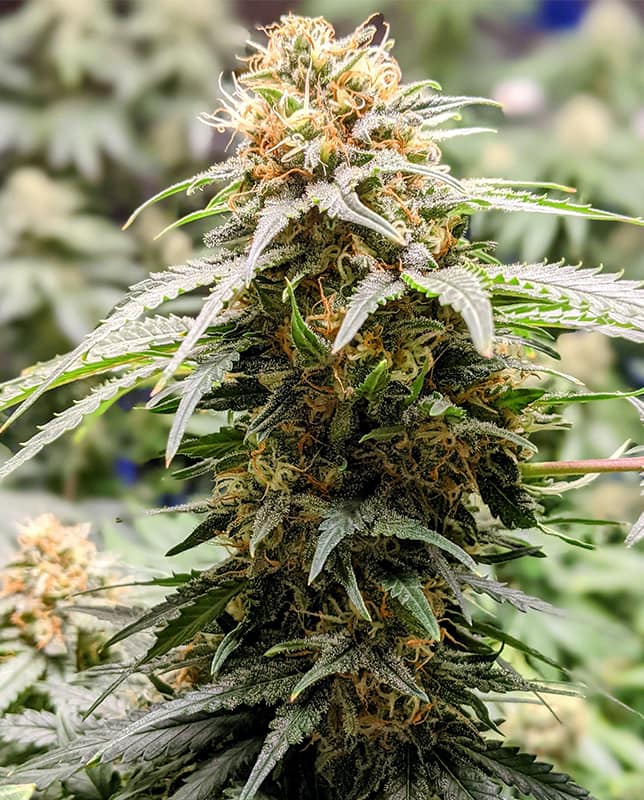Can you become addicted to heroin after using it the first time?
No, you cannot become addicted to heroin or any drug after using it only one time.
Physiological dependence is different from substance use disorder.
People can develop a physiological dependence upon heroin if they use it repeatedly for several days or weeks in a row. Physiological dependence means that someone has developed an increased tolerance for a drug. They need to use more to get a desired effect. It also means they may experience physical withdrawal symptoms if they suddenly stop using a drug.
Addiction and substance use disorder
A person only meets the criteria for a substance use disorder if, over the course of several months, they continue to use a drug repeatedly despite experiencing numerous harms and negative consequences.
Not everyone who has physiological dependence on a drug has a substance use disorder.
Chronic pain patients will naturally develop physiological dependence from taking their medication. But it often allows them to function and live fulfilling lives. Methadone and buprenorphine are highly effective treatments for opioid use disorder. People who take methadone or buprenorphine for opioid use disorder can achieve recovery and meet their goals.
Reviewed and updated by Jules Netherland, PhD, and Dr. Sheila P. Vakharia on 5/2/2023.
 Action
Action 




